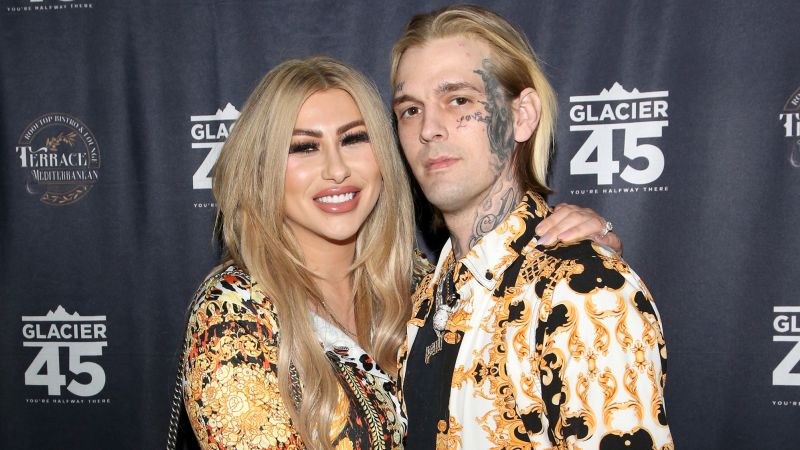Department of Justice Suing Georgia Over Voting Restrictions
The Department of Justice is filing a lawsuit challenging new voting restrictions in Georgia. Attorney General Merrick Garland announced the DOJ’s action during a press conference this morning. “This lawsuit is the first of many steps we are taking...

The Department of Justice is filing a lawsuit challenging new voting restrictions in Georgia.
Attorney General Merrick Garland announced the DOJ’s action during a press conference this morning.
“This lawsuit is the first of many steps we are taking to ensure that all eligible voters can cast a vote, that all lawful votes are counted, and that every voter has access to accurate information,” he said.
“The rights of all eligible citizens to vote are the central pillars of our democracy,” Garland said. “They are the rights from which all other rights ultimately flow.”
He added: “Where we believe that the civil rights of Americans have been violated, we will not hesitate to act.”
U.S. Attorney General Merrick Garland announces the Department of Justice is suing the state of Georgia for changing election laws “with the purpose of denying or abridging the right of Black Georgians to vote on account of their race or color.” pic.twitter.com/Gi7B4i4zXV
— The Recount (@therecount) June 25, 2021
The lawsuit comes three months after Georgia Governor Brian Kemp (R) signed into law a GOP-backed measure that curbs voting rights, including limiting absentee ballots and imposing stricter identification requirements. It also includes a measure that makes it a misdemeanor to offer food and water to voters waiting in line.
In April, the state was served with a lawsuit filed by the New Georgia Project, Black Voters Matter Fund and Rise, Inc. that noted the restrictions will disproportionately affect poorer communities and people of color.
“These provisions lack any justification for their burdensome and discriminatory effects on voting,” reads the lawsuit. “Instead, they represent a hodgepodge of unnecessary restrictions that target almost every aspect of the voting process but serve no legitimate purpose or compelling state interest other than to make absentee, early, and election-day voting more difficult — especially for minority voters.”
What's Your Reaction?


















